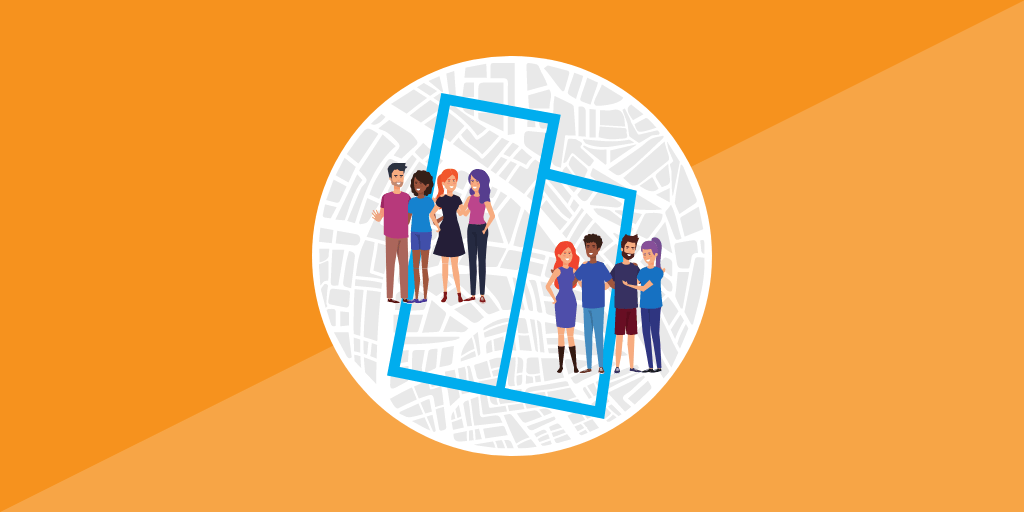Every ten years, the lines for our voting districts are drawn. Depending on how the maps are made, the lines can strengthen or separate a community. When a community is sliced apart, their voices are minimized, and elected officials have no incentive to listen to them. A community that is kept together can advocate for the things that matter to them and hold their lawmaker accountable if they don’t feel heard.
We hear the terms redistricting, gerrymandering, and fair maps a lot every ten years, but it can be difficult to understand why we should care about them. Look at Grand County. It’s been cut into two separate districts, effectively cutting Moab in half. Instead of having one lawmaker representing them in the state house of representatives, each half of their community now shares their representative with people across the state that don’t have the same issues or concerns.
If you don’t feel represented by the people that you’ve elected, it could be because we don’t have fair voting maps. Ten years ago, when voting district maps were drawn, the Legislature broke up specific neighborhoods and communities. This time around, we have an independent redistricting commission—voted upon by the people in 2018 (Prop 4)—to help ensure the voices of the people are heard. But they can’t do anything if we don’t speak up and get involved!
Now is your chance to influence the next ten years of public policy in Utah. Join us in ensuring that our districts here in Utah are fair and represent all Utahns.
Here are ways you can take action:
- Click here to go to Representable and map your community. The Utah Redistricting Coalition will submit your map to the Utah Independent Redistricting Commission (UIRC). To make fair maps, the commission needs to know about the communities in our state. No one knows that better than Utahns ourselves. The more data we can share with the commission, the more they can see where they should or should not draw lines.
- If you have additional thoughts or concerns about community districting, you can submit them to the Redistricting Commission by emailing uirccomments@utah.gov.
- Finally, if you are very curious about the process, you can always observe a meeting. Are you the kind of person who enjoys C-Span or long-format articles? If so, you may enjoy watching the streamed sessions of the UIRC or the Legislative Redistricting Committee.
Utah’s communities deserve to have fair voting districts that allow them to have lawmakers working for them at every level of government. No group should have the power to disenfranchise another. When lines are drawn to silence groups in our state, we all suffer. A fair and representative government takes into consideration all of the needs of all of the people. We didn’t get it right ten years ago, but with your help, maybe we can this time.

